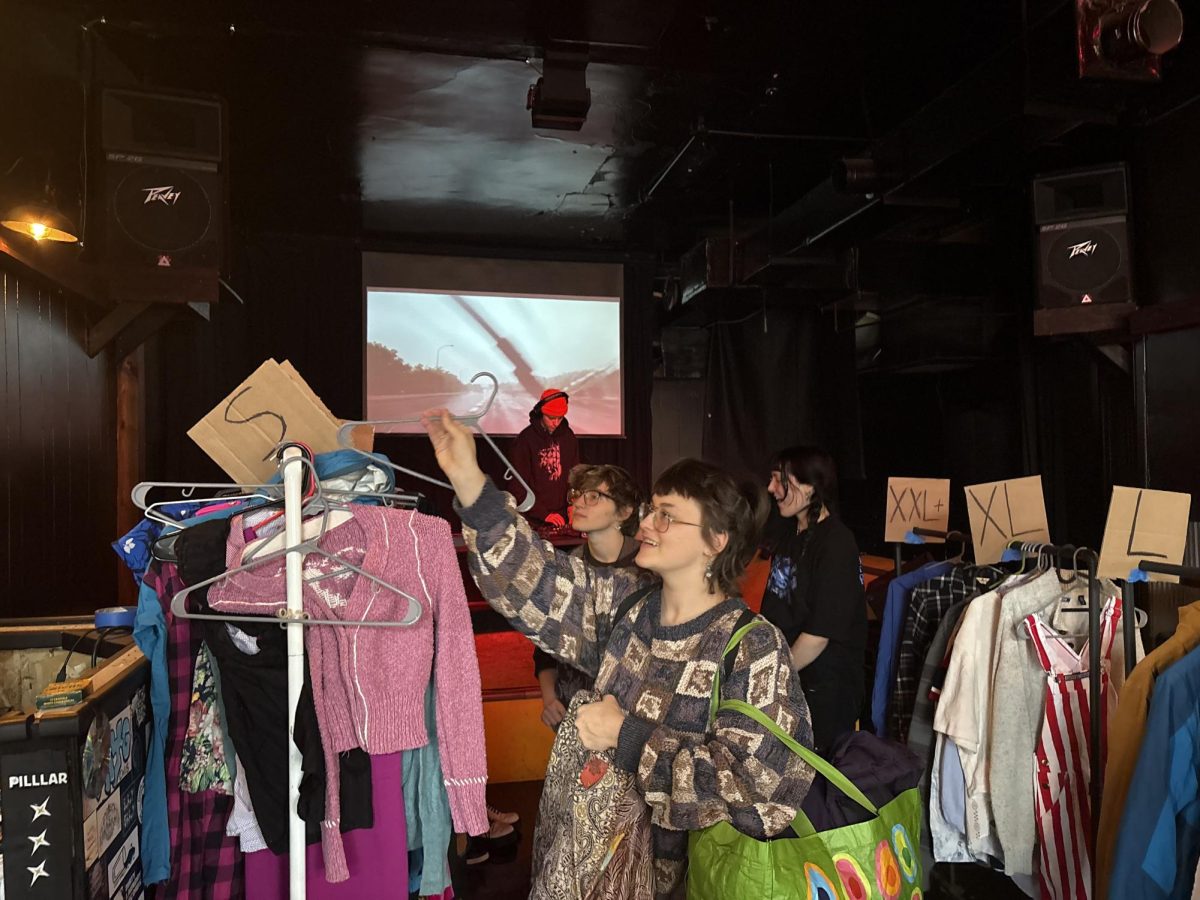Some of the most creative and intellectual endeavors are built on journaling. But in the past two decades, journaling has mutated a new body. It has become a viral idea that is catching on even here in cold, reserved Minnesota.
Electronic journaling, or as it is often known, blogging, is becoming a medium that many people depend on for interpersonal communication. It’s also taking over the role of the diary from traditional pen and paper.
Livejournal.com, created and released in 1999, has made its presence felt in Minnesota with about 15,000 members. However, those numbers are minor in comparison to the 164,312 Californians recorded as livejournal.com members.
“It began in Washington,” explained Jesse Proulx, community site supervisor and public relations contact for livejournal.com. “News of the site spread into California before making a big noise on the East Coast.”
Livejournal.com is a morphed version of a Web site and a personal journal intended to “offer a cool journal hosting service to anyone that’s interested,” Proulx said. It allows users to publicize their thoughts and write for themselves, too.
But there is one catch.
Not everyone can join for free. Livejournal.com is like a digital version of a night club. You only get in if you pay the fee or are VIP. The only way to get a VIP pass is to be invited by someone else.
By only allowing current members to recruit new members, livejournal.com weeds out the drunkards who crash the club and cause problems, but it also slows the member growth rate.
Mason Butler, a University music student who joined livejournal.com in January, said he didn’t think the Web site was growing and that there really is any need for it to do so.
A paying member pays $5 for two months of services, $15 for 6 months or $25 for a year. Paid members get a range of services such as the ability to create polls or customize their journal site.
Besides polls and customization, paying for an account also gives the user the ability to update a page as many times as he or she wants in a single day. The free account places a ceiling of three updates per day. But that doesn’t stop many members from joining. It merely separates the journal-dependent from the nonjournal-dependent.
Butler finds using the Internet and e-mail much more convenient than other methods of communication. “I don’t use the phone often,” Butler said. “I’ve gotten used to having it.”
Others use livejournal.com for different reasons.
Vu Dang, a third-year electrical engineering student, learned about livejournal.com from the Manga Anime Society at the University.
“A lot of people have lots to say and livejournal.com is a way for them to do that,” said Dang, who also averred that livejournal.com was a way to keep in contact with friends.
Conventional journaling is often seen as a means to re-evaluate oneself, but with livejournal.com, traditional ideas about journaling are combined with Internet technology and the activity becomes a public spectacle.
“If they don’t mind reading about me then I don’t mind them knowing about my account,” said Justin Wendlandt, a 25-year-old computer science student who has been using livejournal.com for three years.
“I personally use livejournal to catalog my daily events and thoughts so that I have some place to go back to look at them. Of course one could also use a physical diary or something, but livejournal is a good way to share past experiences and failures so that others can learn from it,” Wendlandt said.
The significantly more convenient communications the Internet has engendered are still being defined. Undoubtedly, there remain many spheres of human activity that will lend themselves to this kind of mediation.







